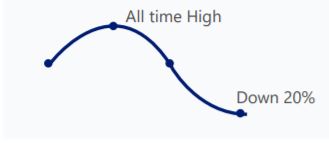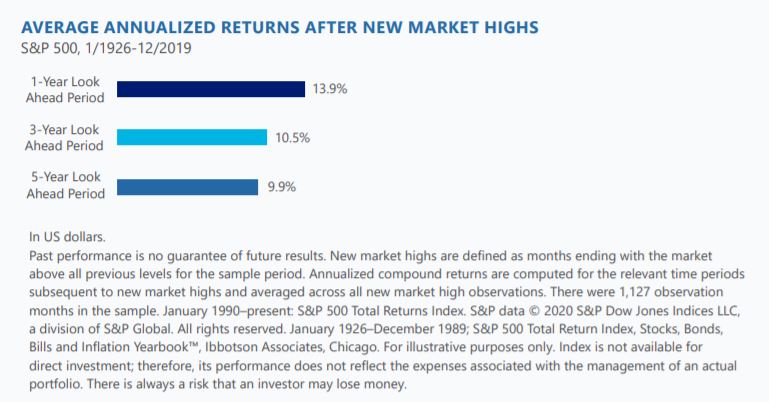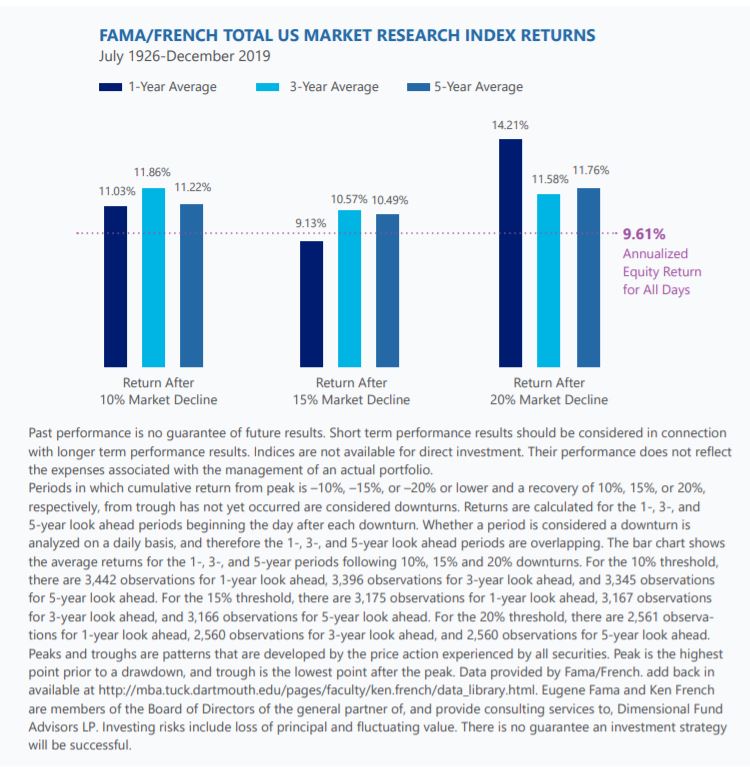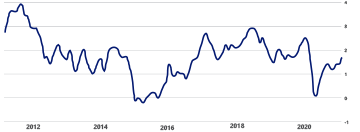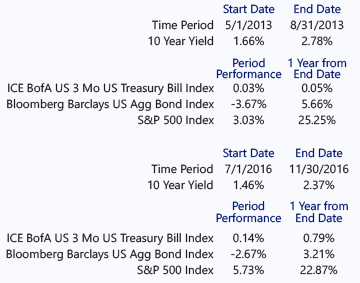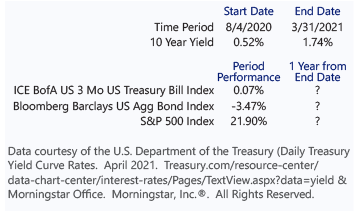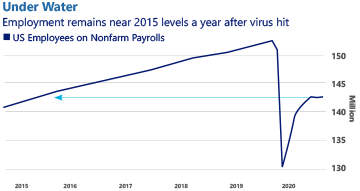Nobody likes to think about death, but yet we all have to face it sooner or later. The grief that dominates us when a loved one passes away can be immensely overwhelming. Then to make matters worse, the survivors need to figure out how to best move forward and settle the estate and financial affairs. Below is a checklist of estate items that need to be taken care of after a loved one passes away. Many of these tasks need to be handled by the executor of the estate, which would be named in the deceased’s estate planning documents.
Hire an estate settlement attorney: This may be the estate planning attorney of the deceased or another law firm experienced in settling estates. This attorney should drive the process in many ways and help to install the executor.
Secure property: Make sure their home and vehicles are safe, secure and locked. Also arrange for anything that may need regular care around the home. Notify the police so they can help keep an eye on it.
Locate the original will and other estate planning documents: Depending on the nature of previous estate planning, you may need to take some documents to the city or county office to have it accepted for probate. Your estate attorney hopefully can help with this process. If a person has died intestate (without having made a valid last will), then the intestacy laws of the state where the person lived will determine who will inherit their property; probate is still typically required.
Locate important personal documents: These may include driver’s license, social security card, passport, birth certificate, divorce decree, marriage license, property deeds, contracts and military separation papers among others.
Access safe deposit boxes at the bank: While these are less common, some people still have these boxes. Contact the bank to gain access.
Contact financial advisors, primary bank, brokers, insurance agents and accountants: Rely on these professionals to help you through the process and make it as easy as possible to wind down the estate.
Order sufficient copies of the death certificate: You may need 10 or more certified copies, depending on their financial activities. The funeral director usually will take care of ordering these.
Notify the person’s employer (if applicable): Work with the employer about any pay owed, life insurance and other benefits (pensions, etc.).
Set-up an Estate Bank (Checking) Account at the bank: This will receive and distribute funds that flow through the estate and allow the executor to pay bills.
Have the post office forward the mail: This will help to identify bills that need to be paid and accounts that may need to be closed. Pay the bills on time.
Contact the Social Security office: Do this regardless if the person was already receiving benefits by calling 1-800-772-1213. There may be survivor benefits or possibly a small lump-sum benefit. If the person was receiving benefits, they will need to discontinue the monthly payments.
Look into veterans’ benefits (if applicable): Call the VA at 1-800-827-1000 or check out their website.
Notify all financial institutions and utility companies: This includes but is not limited to banks, investment companies, mortgage companies, credit card companies, and insurance companies in addition to all of the utility companies providing service. The estate settlement attorney will guide you on how to wrap up financial accounts. You may need to provide financial institutions with either an official death certificate or copy of one. Be sure to close outstanding credit cards. For financial accounts, you will need the date-of-death value and for taxable investment accounts, you will need to request a step up in basis to the date-of-death value.
Insurance policies: Find out if the deceased had any life insurance policies – work with the insurance agent or company to have these paid out. Cancel other insurance coverage – this may include health insurance, homeowners/renters insurance (after the property is sold) and car insurance among others. If on Medicare, the Social Security office should inform Medicare in regards to parts A and B. Contact the insurance company that provided any supplemental Medicare coverage to cancel.
Try to identify online accounts and activity: Closing these to prevent fraud or unauthorized activity is important. Don’t forget about social media accounts.
Cancel driver’s license: This can help to prevent identity theft.
Make sure final tax returns are prepared: A final income tax return as well as an estate return will need to be filed, usually by an accountant. Generally, the estate tax return is due 9 months after the date of death – a 6-month extension can be requested.
TIPS for surviving spouse
Don’t make emotional decisions: When under emotional stress, many people rush into rash decisions they later regret. Take your time and make sure all decisions are the best ones.
Ask for help: Rely on other family members or friends to help you through the process. Lean heavily on a trusted financial advisor, who can often help with tracking down financial institutions and coordination with the estate attorney.
Revisit your own estate planning: When a spouse passes away, your own estate planning will need to be updated to make sure your wishes for your own estate are eventually followed.

